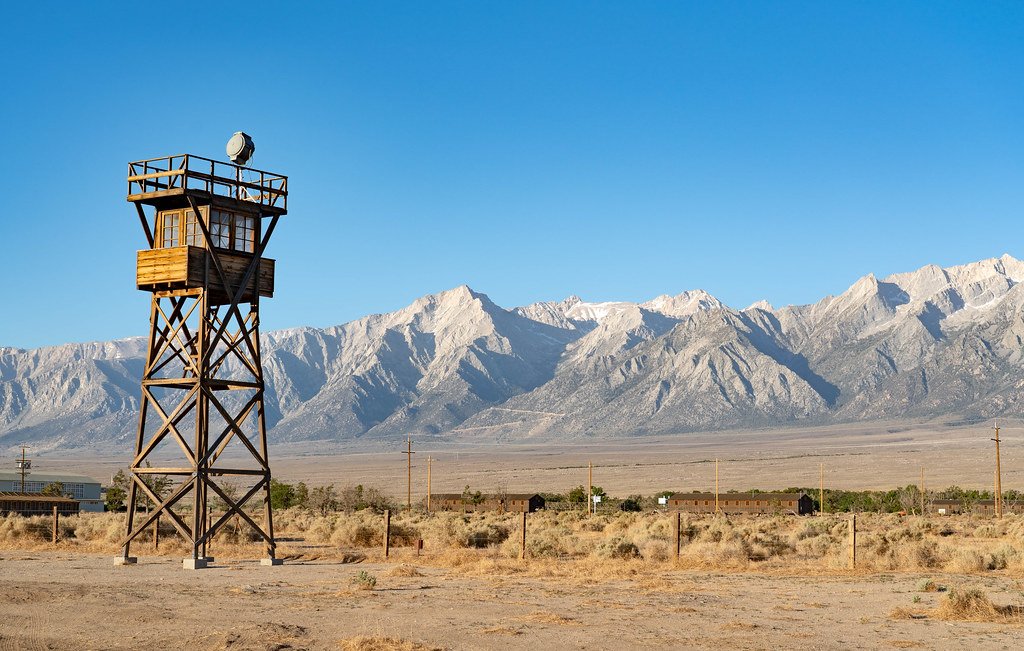Importance of Remembrance
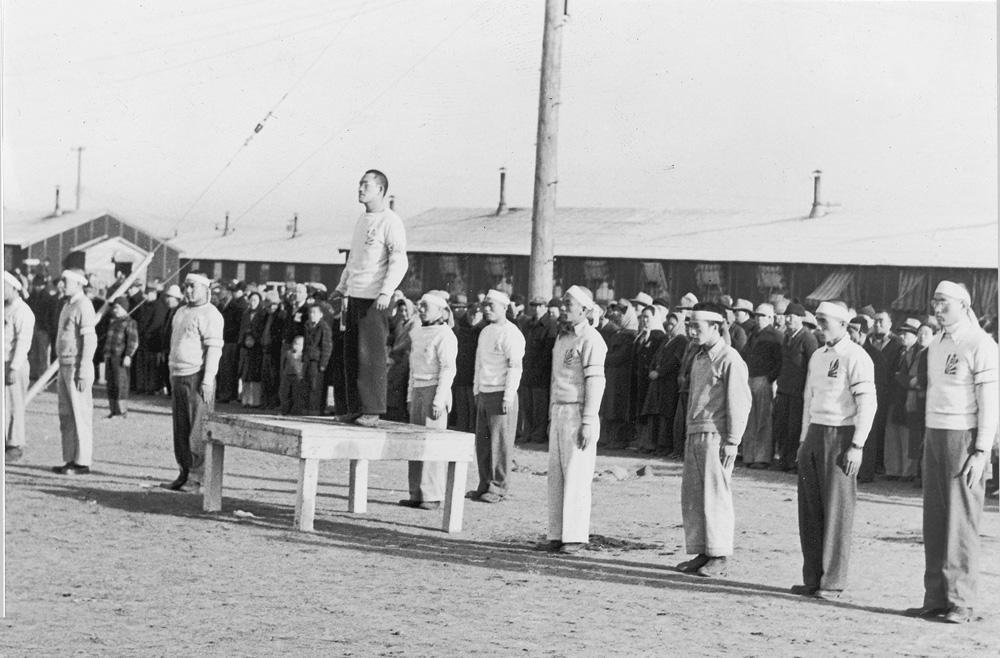
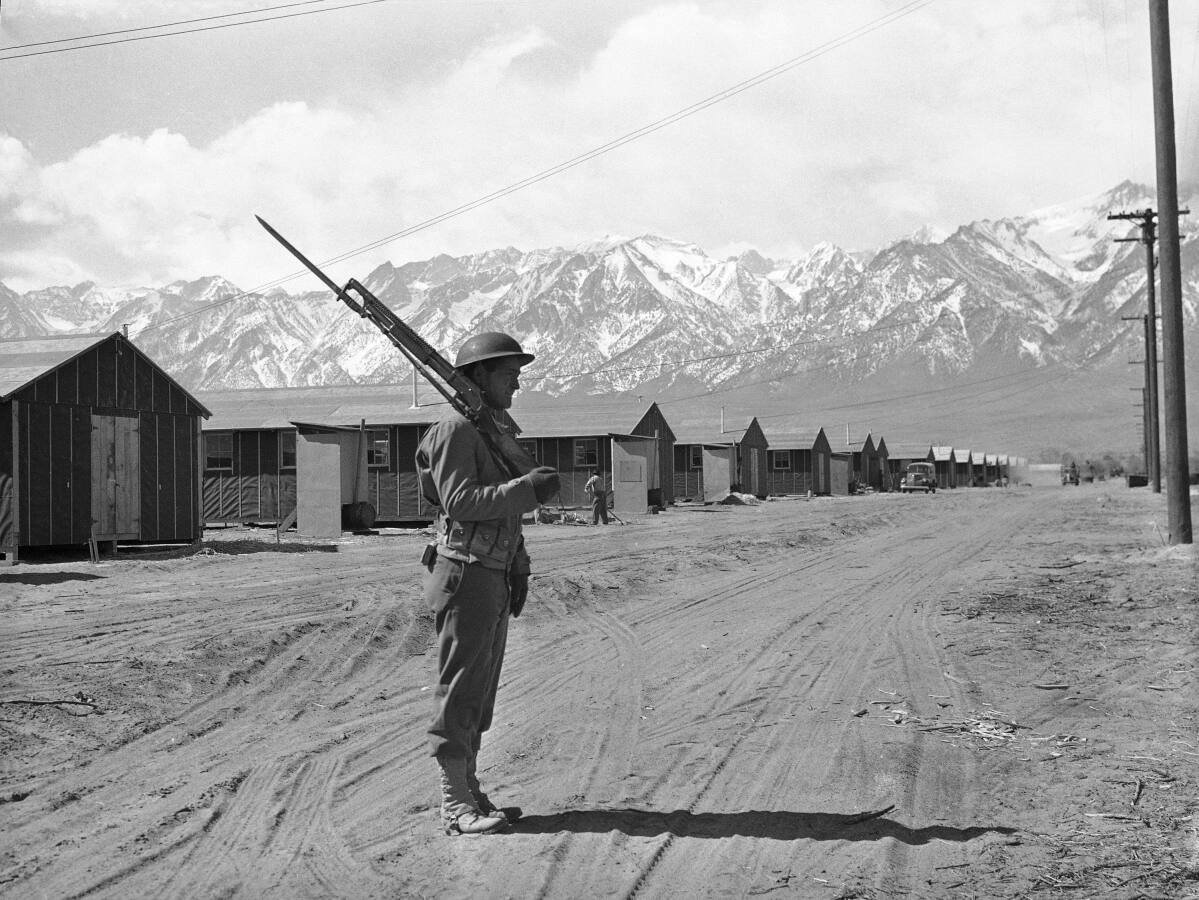
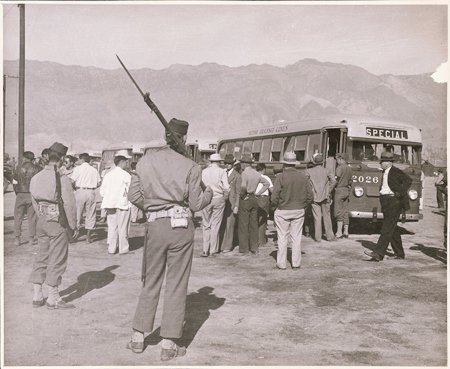
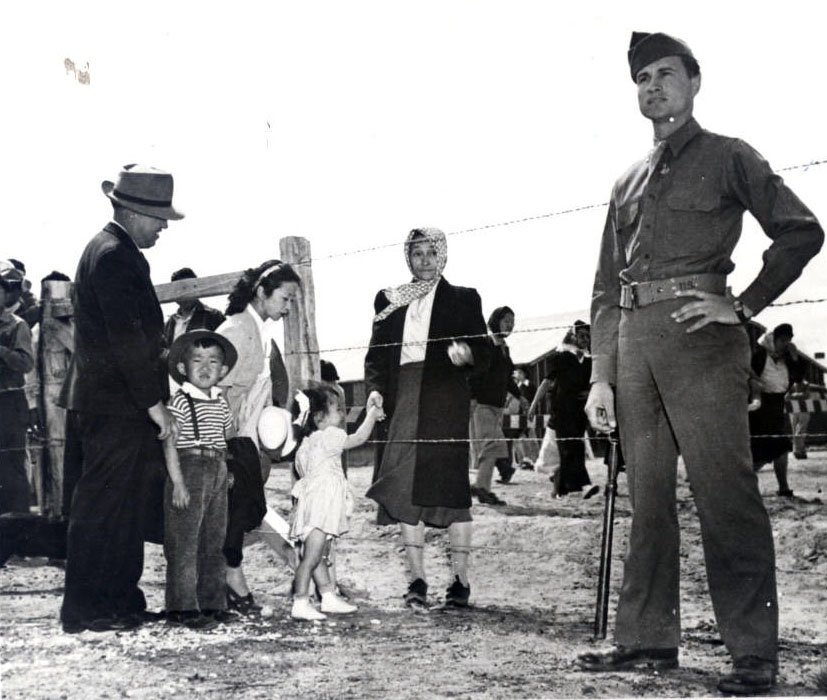
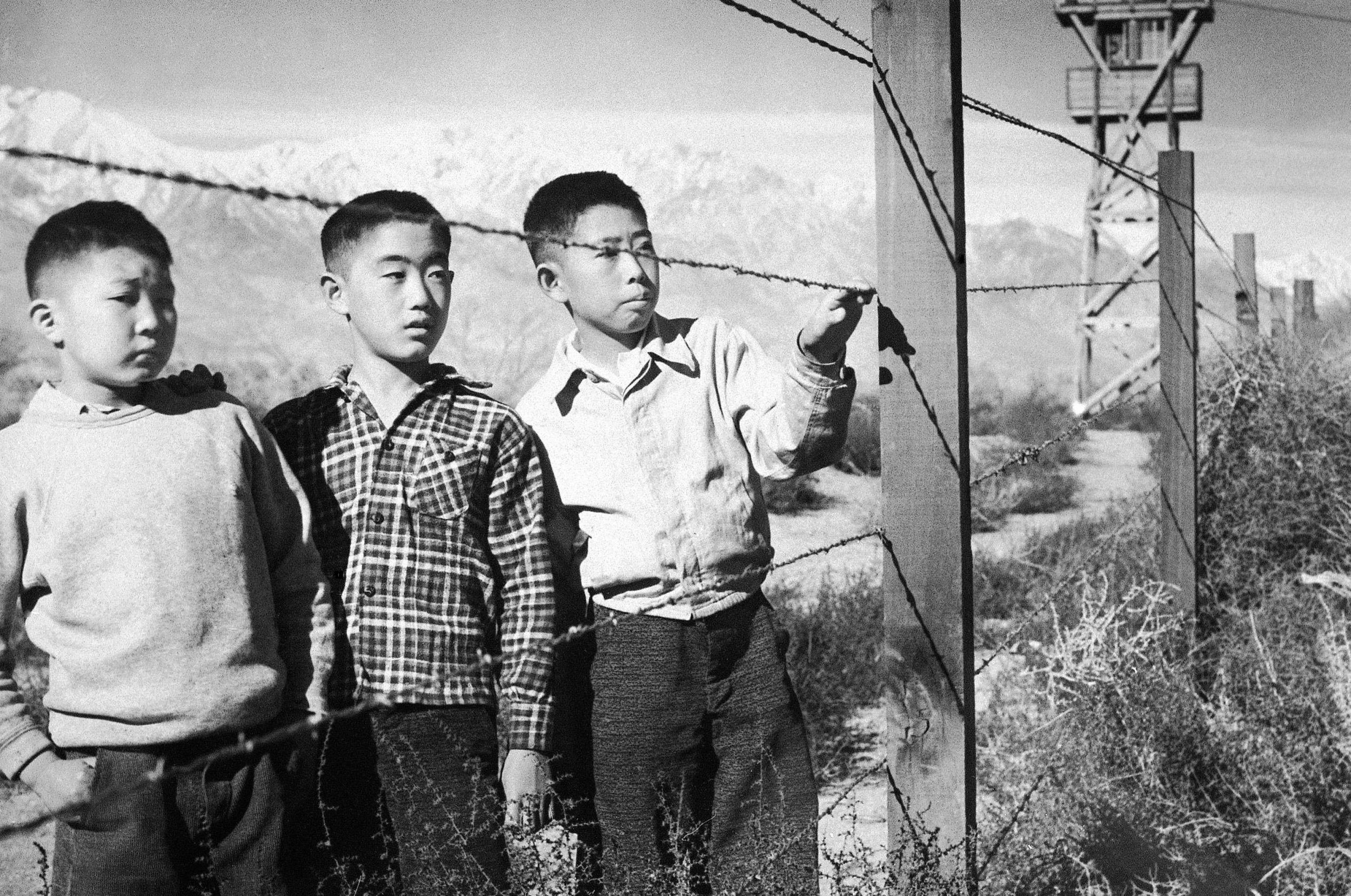
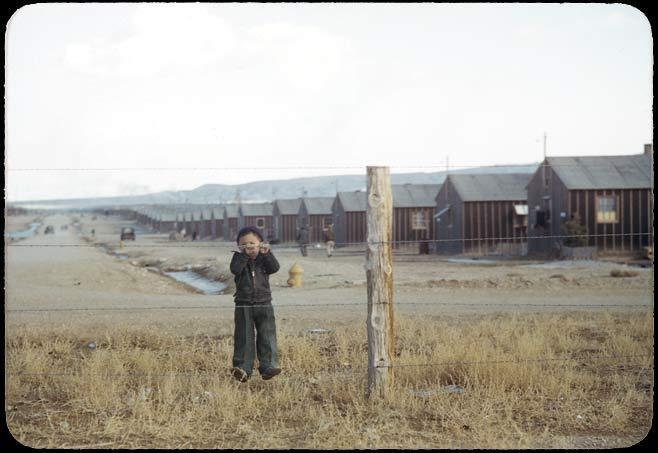
“The English translation is ‘appreciation,’ but ‘kansha’ has a profoundly soulful dimension, with shadings that cannot be adequately conveyed in translation. When a great favor is conferred, it awakens a gratitude so profound as to be endless, an energy inspired by the goodness and connection that is at the root of life, an energy that must be honored and kept alive by passing it, not only back to the benefactor, but onward and outward to others in expanding ripples”
(Shizue Seigel, In Good Conscience: Supporting Japanese Americans During the Internment)
The Kansha Project focuses on three main tenets: Gratitude, Legacy and Remembrance. For Japanese Americans, every February 19 is recognized as the Day of Remembrance, a time to reflect on the great injustice inflicted on this community.
However, for those outside the Japanese American community, why does this matter now? This dark chapter in American history serves as a reminder of the dangers of prejudice and the importance of protecting the civil liberties of all individuals. By reflecting on the injustices that were inflicted upon innocent Japanese Americans during World War II, we can learn from our mistakes and strive to create a more just and equitable society for all. It is our responsibility to ensure that these events are never forgotten and that we work towards a future where all individuals are treated with dignity and respect.
Reconstructed Guard Tower at Manzanar. In 1942, Manzanar had eight guard towers armed with military police and searchlights
Additionally, the rise in anti-Asian hate in recent years highlights the ongoing struggle against discrimination and prejudice. The COVID-19 pandemic fueled racist rhetoric and scapegoating, leading to increased incidents of violence and hate crimes committed against Asian Americans. It is our collective responsibility to stand up against hate and bigotry in all its forms. We must actively work towards creating a world where everyone can feel safe, valued and respected, regardless of their race, ethnicity or background. By standing in solidarity against anti-Asian hate, we contribute to the larger movement for social justice and equality. Together, we can create positive change and build a society that rejects hate and values the safety and well-being of all its members.
In response to the fatal mass shooting in the Atlanta area in March of 2021, CRS’ Executive Director, Rev. Dr. Waltrina Middleton, participated in a live panel discussion hosted by the Asian American Christian Collaborative to address the surge in anti-Asian violence in light of COVID-19 and to highlight Black and Asian American solidarity against racism and white supremacy.
Preserving and honoring history is vital for safeguarding our future and ensuring that past injustices are not repeated. Recovering the sites at Amache and Minidoka, where Japanese Americans were unjustly incarcerated during World War II, helps to preserve the memory of this dark chapter in history. Additionally, stamping the book of names for all Japanese Americans who were incarcerated serves as a powerful way to recognize and remember the individuals who endured these injustices.
Furthermore, joining in solidarity for African American reparations demonstrates the importance of acknowledging and addressing historical injustices suffered by marginalized communities. Together, we can honor the experiences endured by our ancestors by pledging to remember and to never allow this to happen again.
To learn more about reparations work with CRS, please sign our Reparations Pledge and view additional blog articles.
Katie Masano Hill is a 2023 Calling And Purpose in Society (CAPS) Fellow from Valparaiso University and is serving as a Communications Intern at CRS this summer. As someone deeply committed to the values of anti-racism, racial healing and building global solidarity promoted by CRS, she is excited to share her experience as a facilitator for the Kansha Project in a three-part article series this summer. If you missed part one or part two, you can find them here.

